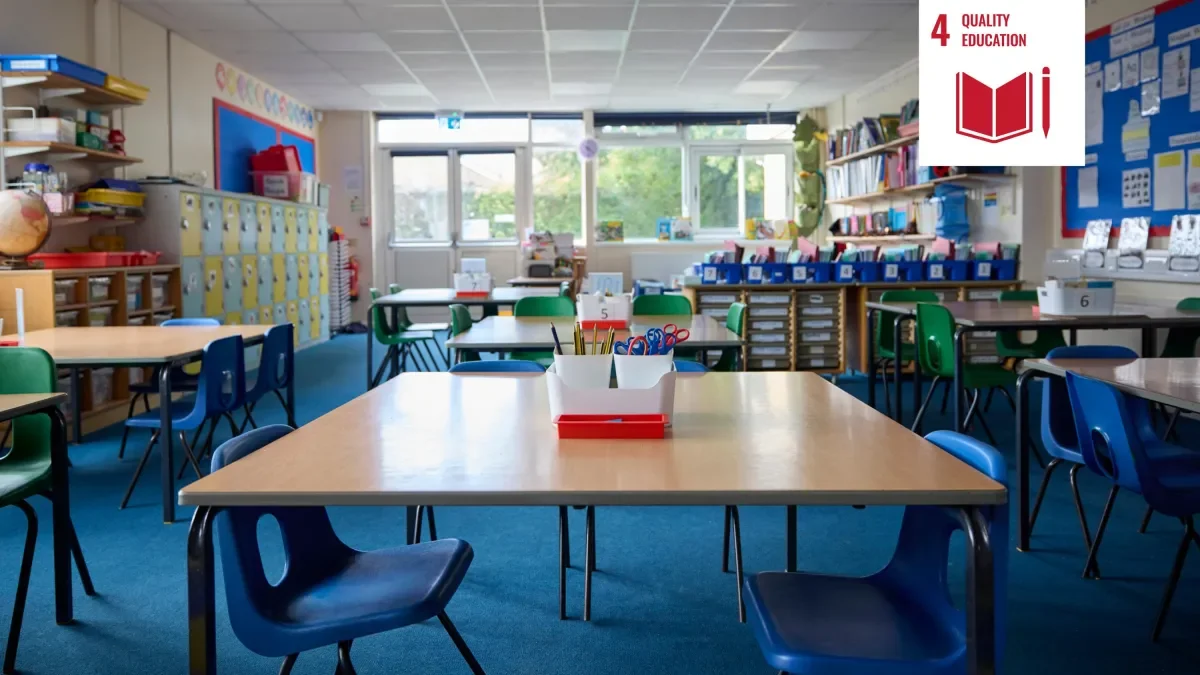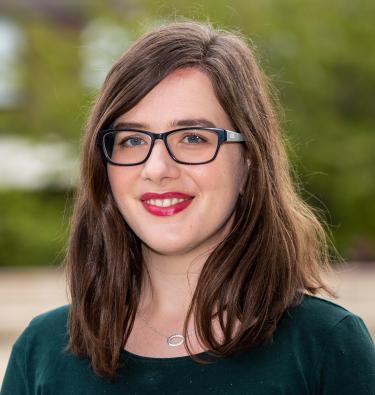
Do we still need to break the school day up into subjects? Should we adopt an ‘integrated’ approach that blurs the boundaries between subjects? Do children learn best when they are taught directly or when they explore something for themselves? Should children’s learning be assessed?
Fragmented picture
Much of the research needed to answer these questions is fragmented. Nevertheless, this research needs to inform current and future classroom practice. To develop a more connected understanding of these foundational teaching and learning issues, the National Council for Curriculum and Assessment (NCCA) sought a thorough synthesis of current educational research as it related to curriculum structure, pedagogy and assessment. Given the breadth and depth of the available literature, the task was a complex undertaking and findings were presented across two reports. In distilling the available research, these reports provide comprehensive guidance for teachers, policy-makers, curriculum-makers and researchers.
The icon on this article represents contribution towards the UN Sustainable Development Goals. The Sustainable Development Goals are 17 objectives designed by the United Nations to serve as a shared blueprint for peace and prosperity for people and the planet.
Two stages of reporting
The first report involved a systematic review of over 200 studies conducted internationally on curriculum integration. The findings showed that there are many different ways of connecting subjects like English and Science to support children’s motivation and achievement. However, the research points out that this ‘integration’ of subjects is not always straightforward. Some concepts need to be learned in a particular order (e.g. mathematics) and there is evidence to suggest that deep knowledge of a topic within a subject is necessary to support critical thinking. This can be challenging to achieve when multiple subjects are being taught together. Teachers need considerable time and resources to rearrange the curriculum in this way. Report 1 revealed other gaps in the research and underscored the need for professional learning and support when asking teachers to change the way they approach the national curriculum.
The second report interrogated the literature on pedagogy and assessment. It highlighted the need for a nuanced approach to teaching in primary schools. For example, while there is value in supporting children to work together in groups to complete self-directed projects, it cannot be the only approach undertaken by teachers. Research emphasises the need for direct forms of teaching, in which the teacher carefully and systematically develops students’ knowledge and skills in particular areas.
A move away from subjects?
In essence, the reports focus on the topic of integration, and whether primary school teachers should still organise the school day around subjects. The research suggests that there are benefits to bringing different subjects together to look at a topic, for example looking at climate change through a historical and geographical lens or learning literacy skills in tandem with a scientific investigation. However, based on what we currently know from research, it would unwise to recommend that we move away entirely from subjects at primary level.
The use of technology to support teaching was also considered. Based on the literature reviewed, it is probably best to say that technology will not automatically improve teaching and learning in classrooms. While it may be a huge support to teachers’ planning (particularly as AI tools become more sophisticated), its use for learning should be informed by what children need rather than what technology happens to be available. Furthermore, Report 2 emphasised that assessment is not synonymous with testing. While testing is a common assessment tool, a suite of assessment tools should be used to allow learners to make what they know or can do visible to their teachers. The hundreds of studies reviewed are tied together in a new conceptual framework as well as a planning framework to guide curriculum design and teacher practice.
Wide dissemination
The findings of the reports have been disseminated widely since being published in late 2023. The research was presented on separate occasions to curriculum development groups in the areas of Wellbeing, Arts, Social and Environmental Education and STEM Education, as well as the Board for Early Childhood and Primary, NCCA's Council and the NCCA Schools' Forum. It also underpinned deliberations at the Reimagining Curriculum Seminar that took place in October 2023, involving partners from HEIs, teacher unions, the National Parents' Council, the Inspectorate (and others). Subsequently, Dr Burke and Dr Lehane also wrote an RTÉ Brainstorm article on the subject.
Dr Derek Grant, Director of Curriculum and Assessment with NCCA noted the impact of this piece of DCU research, stating : "The NCCA welcomes these two groundbreaking research reports by Dr Burke and Dr Lehane that delve into the fascinating connections between Integration, Pedagogy and Assessment (IPA), all in the name of enhancing the primary curriculum. The reports provide progressive contemporary thinking for curriculum and classrooms. Both reports will have a significant impact not only for the work of NCCA in redeveloping the curriculum, but also on the broader education system, enriching our collective understanding of the opportunities and challenges presented by integration, pedagogy and assessment."





